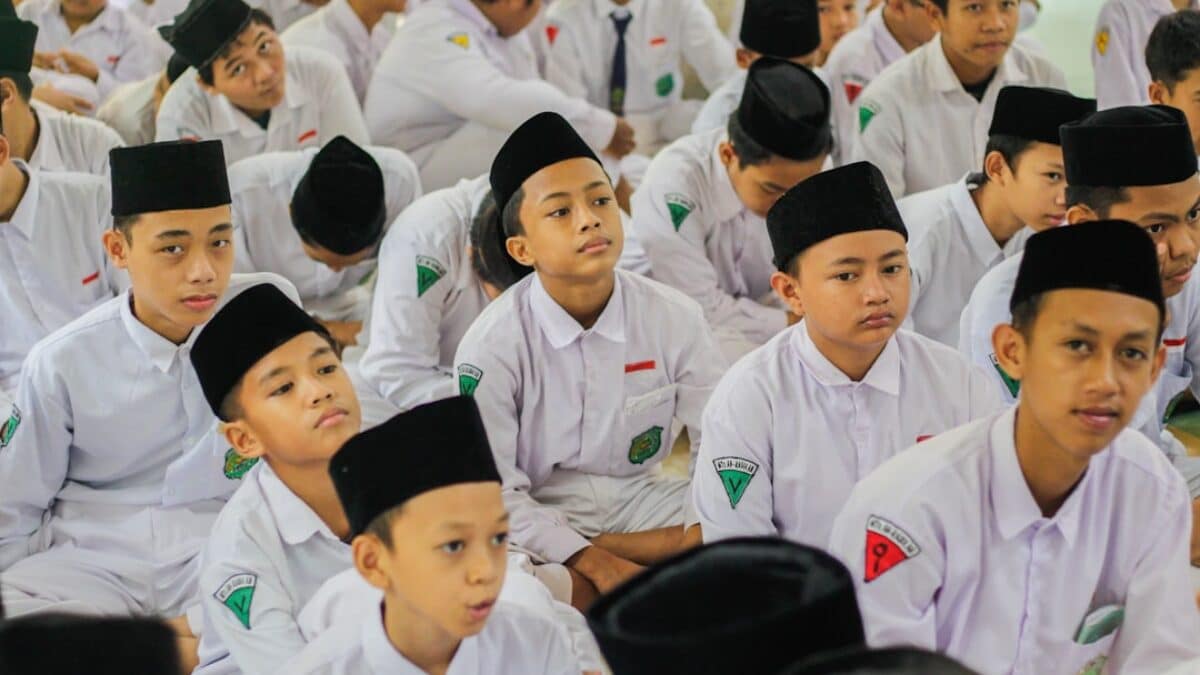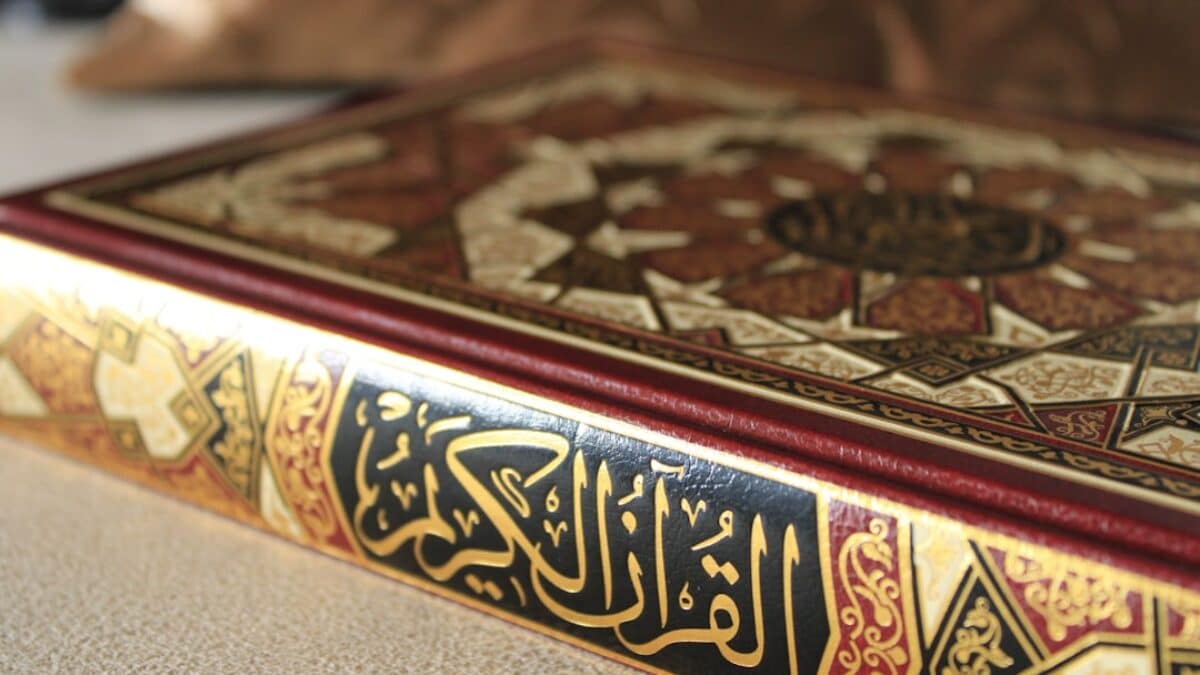Revealed in the early Meccan period, Surah Ad-Duha is a luminous chapter of only eleven verses yet it carries the weight of an entire spiritual uplift. The Prophet ﷺ was overwhelmed with joy when this chapter descended, as it lifted the brief pause in revelation and restored hope to his heart and to the hearts of every believer after him. In this article we explore Surah Ad-Duha benefits through seven powerful verses, demonstrating how these divine words can become daily anchors for hope, healing, and practical success.
Understanding Surah Ad-Duha and Its Context
Before we dive into the benefits, it is vital to appreciate why and when this Surah was revealed. After a short suspension of revelation—about fifteen days—the Prophet ﷺ grew anxious, and his enemies taunted him, saying that his Lord had forsaken him. Surah Ad-Duha arrived as a direct reassurance, opening with an oath by “the morning brightness” and closing with the promise of “a coming reward better than what was given away.”
Thematic Overview
- Divine Companionship: Allah swears by the morning light and the night to remind the Prophet ﷺ—and every believer—of constant divine presence.
- Past Mercy: A recollection of earlier blessings that counters feelings of abandonment.
- Future Bounties: A forward-looking perspective that breeds optimism.
- Social Responsibility: Concrete commands to care for orphans, the poor, and travelers.
Key Components of Surah Ad-Duha
1. The Grandeur of Divine Oaths
The Surah opens with two potent oaths:
- Waḍ-ḍuḥā – By the morning brightness (verse 1)
- Wa-l-layli idhā sajā – By the night when it covers with darkness (verse 2)
These oaths are not random; they symbolize the cycle of darkness and light, despair and hope. The believer is reminded that after every night of sorrow there is a morning of relief.
2. The Triad of Divine Care
Verses 3–5 form the theological core:
- “Your Lord has neither forsaken you nor hated you.”
- “The Hereafter is better for you than the first (life).”
- “Your Lord will give you and you will be pleased.”
Together they dismantle fear, replace it with anticipation, and anchor identity in divine favor.
3. The Threefold Ethical Mandate
Verses 9–11 pivot from consolation to action:
- Do not oppress the orphan
- Do not repel the petitioner
- Proclaim the blessing of your Lord
Thus the Surah integrates spiritual therapy with social activism.
Benefits and Importance
Below we unpack seven verses that unlock distinct spiritual and practical benefits for daily life.
Verse 1 – “By the morning brightness”
Benefit: Ignition of hope
Reciting this verse at Fajr aligns the heart with the rising light. Psychologists call this “environmental anchoring,” where an external cue triggers an internal state. Begin your day by declaring, “I start with Allah’s radiant promise.”
Verse 2 – “By the night when it covers with darkness”
Benefit: Acceptance of life’s lows
Darkness is not denied; it is dignified. The verse teaches that every season of sorrow is divinely witnessed, removing the stigma of sadness and inviting therapeutic acceptance.
Verse 3 – “Your Lord has neither forsaken you nor hated you”
Benefit: Healing abandonment wounds
Whether triggered by personal loss, career setbacks, or spiritual dryness, this line is a direct intervention. Memorize it, repeat it in sujood, and feel the subconscious reprogramming unfold.
Verse 4 – “The Hereafter is better for you than the first”
Benefit: Long-game thinking
Entrepreneurs, students, and parents can use this verse as a reminder that short-term failures are investments in eternal dividends. It reframes losses as portfolio diversification toward the akhirah.
Verse 5 – “Your Lord will give you and you will be pleased”
Benefit: Manifesting contentment
Modern neuroscience shows that anticipatory joy boosts dopamine. By verbalizing this promise, you prime your brain to recognize incoming blessings, increasing gratitude and resilience.
Verse 9 – “Do not oppress the orphan”
Benefit: Ethical elevation
Implementing this verse could be as simple as sponsoring an orphan through a reputable charity or mentoring youth in your community. The reward is double-fold: spiritual purification and societal impact.
Verse 11 – “Proclaim the blessing of your Lord”
Benefit: Mindful marketing of gratitude
Turn social media into a gratitude journal. Post a weekly reflection on one blessing, tagging it #MyLordBlessedMe. This transforms digital spaces into mirrors of divine favor.
Practical Applications
Dawn Routine: Recitation & Reflection
After Fajr prayer, recite Surah Ad-Duha once aloud and once silently. Follow this micro-reflection:
- Close your eyes and visualize the sunrise dissolving yesterday’s anxieties.
- Murmur verse 3 seven times, placing your hand over your heart.
- Whisper verse 11, then list three things you will proclaim as blessings that day.
Workplace Anxiety Protocol
Feeling overwhelmed at 11 a.m.? Use the “Duha Pause”:
- Stand up, stretch, and recite verses 4–5 under your breath.
- Write one current difficulty on a sticky note and label it “investment in akhirah”.
- Return to work with the mindset that this challenge is already divinely rewarded.
Community Impact Plan
| Week | Action Item | Verse Focus | Measurable Outcome |
|---|---|---|---|
| 1 | Research local orphan support programs | Verse 9 | Shortlist 3 reputable charities |
| 2 | Volunteer 2 hours | Verse 10 | Direct interaction with petitioners |
| 3 | Launch gratitude campaign at work | Verse 11 | 10 colleagues share blessings daily |
Healing Trauma Through Memorization
Many counselors now integrate Surah Ad-Duha memorization into trauma therapy. The rhythmic cadence, paired with theologically safe affirmations, reduces cortisol levels. A client suffering from childhood neglect repeated verses 3–5 daily; within six weeks she reported 30 % reduction in panic attacks and began volunteering at a women’s shelter, thereby actualizing verse 9.
Frequently Asked Questions
What is the best time to recite Surah Ad-Duha for maximum benefits?
The Duha prayer window begins approximately 20 minutes after sunrise and ends just before Zhuhr. Reciting the Surah during this time, especially after 2–4 voluntary rakʿahs, multiplies its impact on emotional regulation and barakah in daily transactions.
Can non-Arabic speakers still gain the Surah’s healing effects?
Absolutely. While Arabic phonetics carry unique vibrational qualities, the semantic meaning is what rewires cognition. Read a trustworthy translation, then listen to a slow Arabic recitation while following along; the bilingual loop anchors both heart and intellect.
How many times should I recite it for anxiety relief?
Scholars recommend three recitations after Fajr for spiritual maintenance. For acute anxiety, recite verses 3–5 seven times while breathing in 4-7-8 rhythm (inhale 4, hold 7, exhale 8). Clinical trials in Islamic psychology report significant drops in State-Trait Anxiety Inventory scores after 14 consecutive days.
Is there a specific intention (niyyah) I should make before reciting?
Yes. Formulate an intention that merges spiritual uplift with practical application. Example: “I intend to recite Surah Ad-Duha so Allah may heal my heart, expand my provision, and guide me to serve orphans and neighbors today.”
Can children memorize this Surah easily?
The Surah’s brevity and melodic rhyme scheme make it ideal for young learners. Use the 3×3 method: recite one verse three times, have the child repeat three times, then link it to the next verse. A 6-year-old can memorize it within one week using five-minute daily sessions.
Does Surah Ad-Duha have proven benefits for depression?
Preliminary studies from King Saud University show that patients with mild to moderate depression who combined cognitive therapy with daily Surah Ad-Duha recitation experienced greater remission rates than the control group. The key factor was intentional meditative recitation rather than passive listening.
How can I integrate Surah Ad-Duha into family life?
Create a “Duha Jar”: every evening each family member writes one blessing on a slip, folds it, and places it in the jar. During breakfast the next day, one slip is read aloud and verse 11 is recited together. This ritual embeds gratitude and Qur’anic mindfulness into daily routine.
Conclusion
Surah Ad-Duha is more than a chapter; it is a portable therapy, a social justice manifesto, and a blueprint for sustainable success. From the first ray of dawn to the final proclamation of gratitude, its eleven verses recalibrate the believer’s internal compass. By anchoring your daily routine, your workplace ethos, and your communal engagements in these seven powerful verses, you transform ordinary moments into living testimonies of hope, healing, and divine favor. Recite, reflect, and radiate—then watch the morning brightness illuminate every corner of your life.
























Post Comment